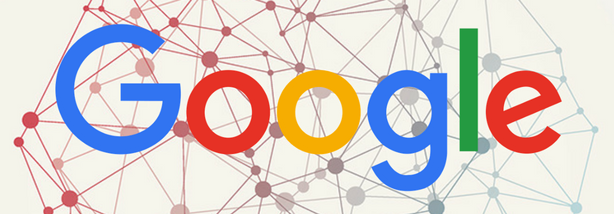Google claims to make about 500 updates to its search algorithm each year, though many of them seem to be no more than small-scale tests. Typically, there are a couple of ‘major’ updates each year that sends the SEO world into a frenzy.

In addition to these algorithm updates, which Google has become somewhat better at in terms of announcing publicly or giving advance notice of in recent times, there are statements, pronouncements and advice given by Google spokespersons (to be fair, these are often in response to questions asked by eager SEO pros). It used to be Matt Cutts previously, whose word was almost taken as the Gospel; now, there are folks like John Mueller and Gary Illyeswho have become the public face of Google at least in relation to queries and issues related to Google search results. Each statement or piece of advice from them often leads to more questions, discussion, debate and many a time, a lot of confusion among SEO practitioners. A case in point is a recent statement related to how Google treats redirects. It was interpreted that Google now treats both 301 (permanent redirect) and 302 redirect (temporary redirect) the same way and so it is up to webmasters to decide which way to go should they need to redirect some pages. Is it really true? Do we know for sure that is the case? The perils of listening to Google blindly In our quest to get whatever competitive advantage we can manage by being ‘first movers’, we SEO practitioners tend to respond to news of any change (rumoured change would be more accurate) almost immediately and with gusto. Yet, things can change rather quickly. ‘Authorship’ is one such example. If we were to look back at statements from Google from about three years ago, it seemed that Google Authorship was likely to be a key ranking factor for SEO going forward. This got a lot of us recommending and pushing for the implementation of authorship tags on our client websites. In less than two years since, Google had killed ‘Authorship’. In late 2015, the suggestion was to leave Google Authorship markup on the pages in case Google decides to use that in some way in the future. By the middle of 2016 though, Authorship was completely dead

The perils of NOT listening to Google On the other end of the spectrum, there are instances when ignoring forewarnings from Google can prove to be quite damaging. One of the best examples of this is related to the preference for mobile friendly sites in mobile search results. For the first time, to the best of my knowledge, Google gave advance information of an impending algorithm change. When the algorithm change did happen– termed “Mobilegeddon” by the SEO community ever eager to come up with interesting names- there was quite a huge shake up. All of a sudden thousands of websites that didn’t get their websites mobile friendly lost huge chunks of their search engine traffic. Google has similarly made announcements related to giving additional weightage for secure sites (those using “https”) over non-secure sites in a bid to make the web more secure. Close to two years since that announcement, the number of sites that have migrated to “https” seems to be small compared to sites that haven’t. What would happen if Google decides to “switch on” a “secure sites filter” is anyone’s guess! Damned if we do, damned if we don’t! How then should we respond? Fair question, but this is exactly where I think we marketers earn our keep. As with a lot of aspects related to SEO, the response doesn’t have to be in binary terms. Deferring action is very much an option. My suggestion is to start by asking a few basic questions
- Does it affect us? Now?
- How will it affect us in future, if at all?
- Are there any opportunities for us from the change that is being mentioned? How can we maximise potential benefits?
- What is the cost of not doing any change?
Answers will vary depending on a host of factors such as the industry you are in, or the type of business/website you have, the size of your business and the resources at your disposal to take all actions required to respond to the changes, to name just a few. Ideally, we all should be able to carry out extensive research and experiments to test out the benefits or impact of doing/ not doing something. However, not every business will have the luxury of doing that. So let’s go to the next best alternative: look at what some experts and agencies are reporting based on tests they have conducted. Again, look carefully whether the tests and the results are applicable to your specific case– that kind of contextualisation is critically important. In a nutshell, my advice and approach would be to not ignore announcements by Google, but at the same time, don’t treat every statement from Google as the Gospel blindly. A healthy dose of scepticism will stand you in good stead. P.S: Check out this article on Moz where Rand Fishkin talks about when to listen to Google and when not to. Also, see some of the comments on this report – By Manoj Aravindakshan Manoj Aravindakshan is the Managing Director of Mumbai-based SEO and online marketing company On Target Marketing Solutions. He has been in the field of online publishing and digital marketing for about 15 years. Originally published on On Target Marketing Solutions : How SEO professionals should respond to Google updates & announcements.